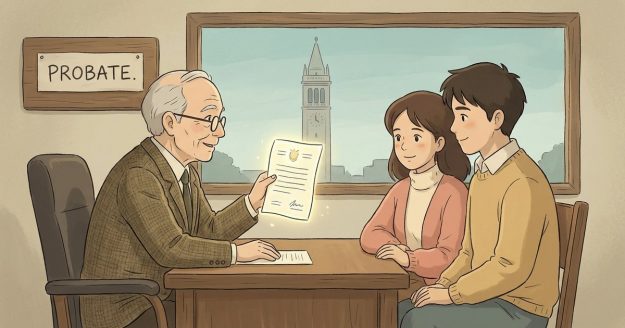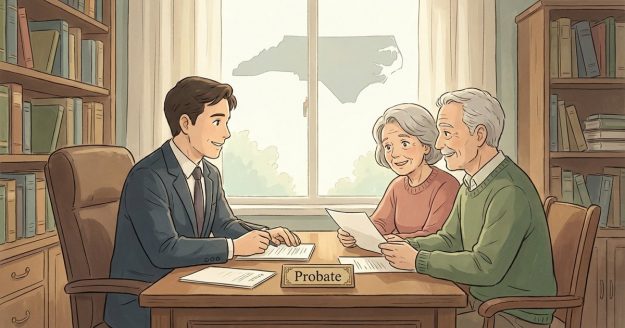Can I be appointed to handle the estate quickly so the bank will work with me on catching up the mortgage or refinancing? nc
Can I be appointed to handle the estate quickly so the bank will work with me on catching up the mortgage or refinancing? – North Carolina Short Answer Yes—under North Carolina law, a family member can usually be appointed fairly quickly as the estate’s personal representative (often called an “administrator” when there is no will)…











